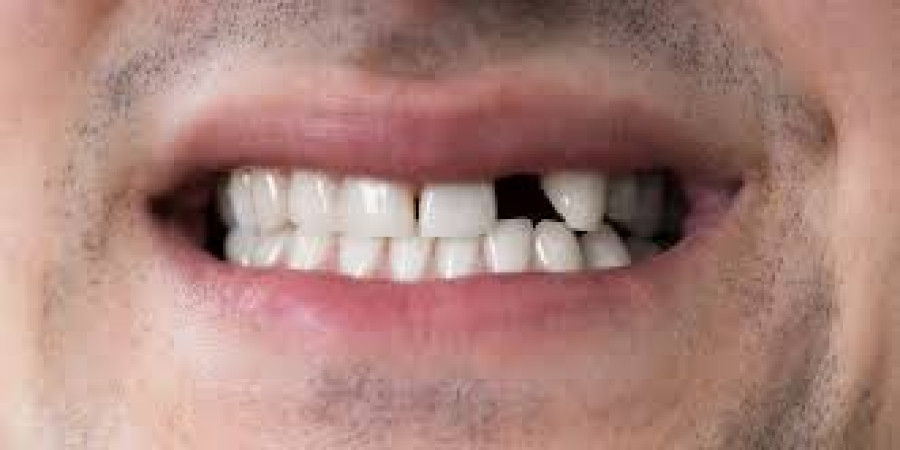

My Tooth Fell Out – But Why Doesn't It Hurt?
Losing a tooth as an adult can be surprising, especially if it happens painlessly. While less alarming than a painful tooth loss, it still warrants attention. This post investigates potential reasons for painless tooth loss and why it's important to see a dentist.
Why Might a Tooth Fall Out Without Pain?
- Advanced Decay or Infection: Long-term damage that has destroyed much of the tooth structure may leave it weakened. The nerves within the tooth may already be dead, explaining the lack of pain.
- Untreated Gum Disease: Severe gum disease (periodontitis) erodes the supporting bone around teeth, causing them to loosen and potentially fall out without significant pain.
- Trauma: An old injury to the tooth or jaw may have caused delayed nerve damage and eventual tooth loss, even if the initial trauma wasn't acutely painful.
- Underlying Medical Conditions: Certain conditions like osteoporosis or autoimmune diseases can affect bone health, leading to weaker tooth support.
Why It Still Matters (Even Without Pain)
- Underlying Issues: Painless tooth loss often signals a progressing dental problem that needs treatment to prevent further damage.
- Chewing and Appearance: Tooth loss impacts your ability to chew properly and affects your smile.
- Bone Loss: The gap left behind can lead to bone loss in the jaw, destabilizing adjacent teeth.
What to Do When a Tooth Falls Out
- Preserve the Tooth: Gently rinse it and try to place it back in the socket or store it in a container of milk or saliva.
- See a Dentist ASAP: Even if there's no pain, a dental exam is necessary. The dentist will assess the situation, determine the cause, and discuss replacement options (implants, bridges, dentures).
Don't Ignore a Missing Tooth
While painless, it's important not to downplay the significance of a tooth falling out. Your dentist can assess the underlying cause and recommend appropriate treatment for both the immediate issue and your continued oral health.
References
- Mayo Clinic - Tooth Avulsion
- WebMD – Reasons You Lose Teeth
- Healthline – Why Did My Tooth Fall Out Without Hurting
Let me know if you'd like more information about specific dental conditions or tooth replacement options!
Popular articles

Apr 11, 2024 07:40 PM

May 25, 2024 08:09 PM

Apr 11, 2024 07:22 PM

Apr 10, 2024 07:59 PM

Mar 14, 2024 07:53 PM
Comments (0)